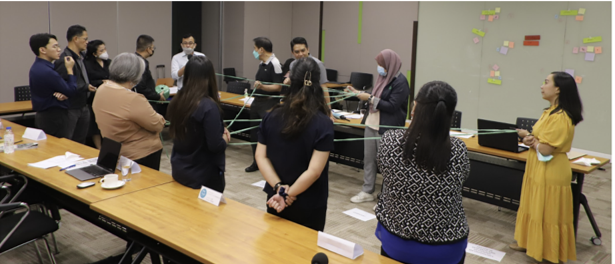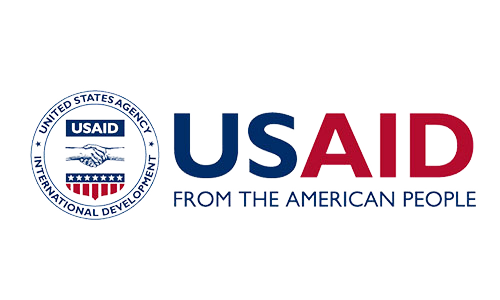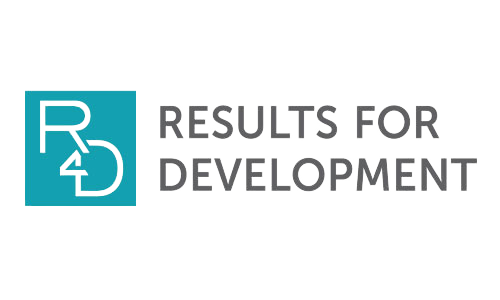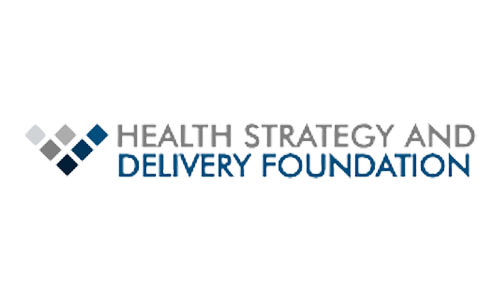Local Organizations Collaborate to Strengthen Health Policy and Research in the Asia Region

Locally led development is when local actors, such as individuals, communities, networks, organizations, private institutions, and governments, set their agendas, develop solutions, and bring their capacity, leadership, and resources to make those solutions a reality.
In the Asia Region, there is a growing demand for cross-country and regional learning on health systems strengthening (HSS) to improve the capacity of domestic health policy and systems research institutions (HPSRIs) to strengthen their capacity, coordinate and enhance training, and position them to provide the government with guidance on domestic health policy reforms thereby reducing their reliance on global actors.
With support from USAID’s Asia Bureau, the Accelerator and the WHO Alliance collaborated to convene HSPRIs, training and learning platforms, and regional actors to develop a shared vision of what a strengthened locally-led ecosystem of actors in the Asia Region and identify priority activities to achieve the vision.
Following the co-creation series, six action groups were formed to focus on each of the priority activities, which resulted in the launch of four demand-driven pilots led by HPSRIs to enhance the health policy and systems research ecosystem in Asia. Together, these pilots advance the shared vision co-created by HPSRIs, learning platforms, and other key stakeholders and strengthen HPSRIs’ ability to meet local demand for evidence.
Click the link here to learn how these local-led pilots tackle challenges in the Region.

This website was produced for the U.S. Agency for International Development. It was prepared under the terms of Cooperative Agreement No. 7200-AA-18CA-00037 awarded to Results for Development (R4D). The contents are the responsibility of R4D and do not necessarily reflect the views of USAID or the U.S. Government.




